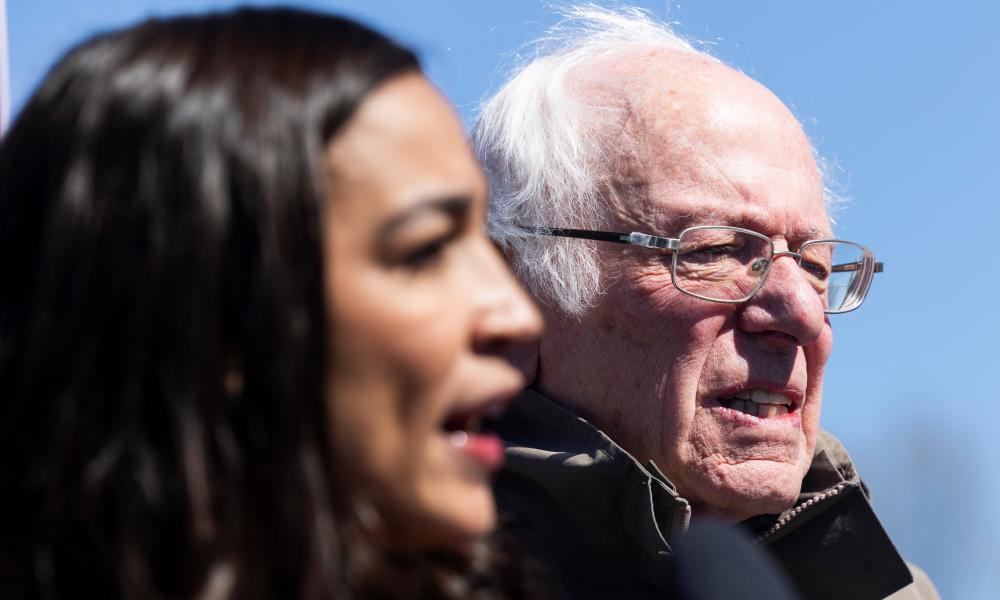At a progressive rally in Madison, Wisconsin, Alexandria Ocasio-Cortez offered a fervent critique of Donald Trump’s anti-immigrant rhetoric, comparing it to the dangerous language used by Adolf Hitler. In her speech, she condemned the former president’s rally at Madison Square Garden, where derogatory remarks about Puerto Rico were made, igniting anger on the island. Ocasio-Cortez denounced Trump and his allies for their inflammatory comments about minority groups and insisted that such rhetoric reflects a broader, more sinister agenda. By calling attention to the toxic implications of dismissing communities and individuals, she aimed to encourage voters to recognize these remarks as not just misguided but fundamentally harmful.
Ocasio-Cortez’s address also sought to unite progressive supporters behind Kamala Harris, emphasizing the crucial nature of the upcoming election. She characterized the election as a “precipice,” urging her audience to clearly understand what is at stake. Madison and its surrounding areas have historically leaned Democratic, making the mobilization of voters in the region particularly important. Campaign officials like Gaby Schmidt emphasized that every vote counts—often decided by a narrow margin—and urged attendees to engage friends and family in voter mobilization efforts.
Furthermore, Ocasio-Cortez asserted that Trump’s actions and rhetoric should be viewed as indicative of a larger fascist ideology within his movement. She framed the hateful comments made by Trump and his associates as not merely misplaced jokes but as part of a concerted attack on American communities. Emphasizing a message of inclusivity and solidarity, she sought to dismantle the notion that certain groups of Americans are somehow undeserving of respect and recognition.
Progressive representatives, including Congressman Mark Pocan and Bernie Sanders, echoed Ocasio-Cortez’s themes as they rallied support for Harris and Tim Walz. Pocan articulated the sense of urgency in the face of Trump’s authoritarian tendencies, highlighting how such rhetoric seeks to instill fear among the populace. Meanwhile, Sanders probed deeper into the political implications of this authoritarianism, warning against allowing a “pathological liar” to hold the presidency. He highlighted the importance of solidarity against divisive rhetoric that seeks to pit American communities against one another.
Sanders’s focus on economic issues was a critical element of his speech, as he reiterated the need to combat corporate greed and support the working class. He stressed the importance of addressing pressing social issues, such as the student debt crisis and the need for expanded social safety nets. By discussing the Biden administration’s efforts to lower prescription drug costs and empower labor rights, Sanders framed a progressive agenda that directly speaks to the economic struggles faced by many Americans.
In conclusion, the rally served both as a platform to challenge Trump’s divisive narrative and as an opportunity to bolster support for Harris within the progressive wing of the Democratic Party. The speakers highlighted the importance of unity, economic justice, and a profound commitment to democratic values in the face of rising authoritarianism. By consolidating these ideas, they not only sought to galvanize voters in Wisconsin but also aimed to foster a broader movement that prioritizes the needs of the working class and advocates for an inclusive vision of American identity.

